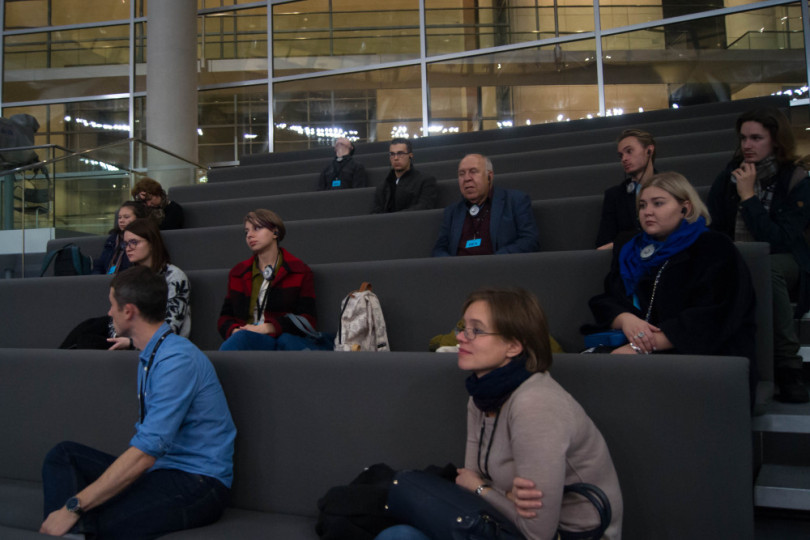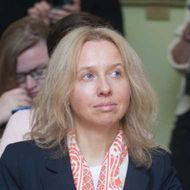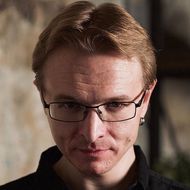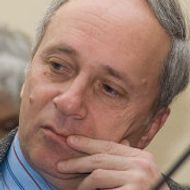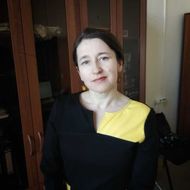The recently launched Master's Programme in Medieval Studies is the only Master’s degree in Russia fully dedicated to medieval studies. HSE News Service spoke with Juan Sota, a second-year student of the programme, about its unique features, interacting with professors, and his research interests and aspirations.
On October 18, Professor Kimmo Rentola (University of Helsinki) presented his recent book, Stalin and the Fate of Finland,in an event hosted by HSE’s International Centre for the History and Sociology of World War II and its Consequences. HSE News Service spoke with Professor Rentola about how he became interested in history, his book, and what brings him to HSE University.
The International Centre for the History and Sociology of World War II and its Consequences at HSE University held a Graduate Student Seminar in Soviet History together with Sciences Po (France) on June 17 – 18, 2019. HSE News Service spoke with participants and instructors of the seminar, which examinedthe impact of WWII on the Soviet Union and surrounding regions, as well as aspects of the Soviet system from Stalin up to the 1980s.
On June 24-25, HSE University held the international academic conference, ‘The 1990s: A Social History of Russia’ organized by International Center for the History and Sociology of World World War II and its Consequences, the Boris Yeltsin Center, the Egor Gaider Foundation, and the Friedrich Ebert Foundation. HSE News Service spoke with Roberto Rabbia, one of the international participants, about how he became interested in Soviet history, why he reads Soviet newspapers, and what he has learned from his research.
On October 3, the School of History and the HSE Centre for Digital Humanities, with support from the Teaching Excellence Initiative, held a lecture by Dr. Andrew Janco (Haverford College, USA) entitled ‘Engaging Students in the Humanities and Sciences through Digital Scholarship Projects.’ Covering methods for engaging students in project-based research in the digital humanities, the lecture aimed to demonstrate the benefits of researchers working with students as co-investigators with their own research interests and agenda.
On October 10, Stephen Wheatcroft, Professor of the School of Historical Studies at the University of Melbourne delivered a lecture on ‘The importance of the grain problem in the Russian Revolution and for the next 40 years of Soviet Economics' at HSE Moscow as part of a long and busy schedule. A participant at previous April Conferences at HSE, Professor Wheatcroft is one of the world’s foremost experts on Soviet social, economic and demographic history, as well as famine and food supply problems in modern world history.
On May 31, Valerie Kivelson, Professor of History at the University of Michigan, will be delivering a seminar entitled ‘Visualizing Empire: Muscovite Images of Race’. Professor Kivelson is an expert in Medieval and early modern Russia, history of cartography, history of witchcraft, religion, and political culture, among other topics. She is the author of 'Desperate Magic: The Moral Economy of Witchcraft in Seventeenth Century Russia' and a guest editor of 'Witchcraft Casebook: Magic in Russia, Poland and Ukraine. 15-21st Centuries'.
From October 7 - November 12, 2016 a school for undergraduate, graduate and doctoral students organized by the International Centre for the History and Sociology of World War II and Its Consequences was held in Germany. The school was dedicated to issues of memorialization and commemorating victims of terror and was led by the Centre’s Director Oleg Budnitskii. The trip was organized with the support of the Friedrich Ebert Foundation.
This April, Microhistory Days took place at HSE. The event coincided with the visit to the School of History of Prof. Sigurður Gylfi Magnússon (Reykjavík Academy in Iceland) and Dr. István Szijártó (Loránd Eötvös University, Budapest), renowned experts in microhistory, founders of the Microhistory Network, and authors of What is Microhistory? Theory and Practice, a comprehensive analytical monograph.
An international school of young historians, ‘Russian – Polish Entangled History: Scientific Reconstruction and Reflection in the Collective Memory’, took place in April at the School of History (HSE Moscow). Undergraduate and master’s students from HSE and the University of Warsaw took place in the event. Alexander Kamensky, Andrey Iserov, Dariusz Klechowski, Director of the Polish Cultural Centre in Moscow, and Leonid Gorizontov, who lead the organization of the Russian-Polish meeting.
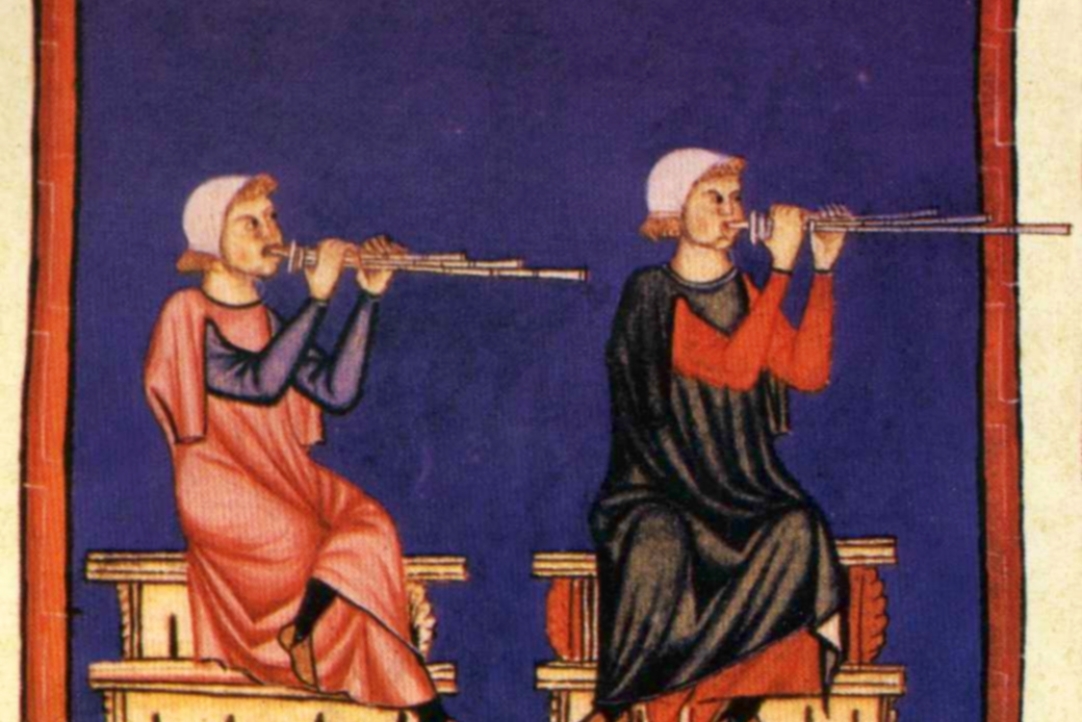
 Russian Faith, Honour, & Courage Displayed in a Faithfull Narrative of the Russian Expedition by Sea (1769 & 1770)
Russian Faith, Honour, & Courage Displayed in a Faithfull Narrative of the Russian Expedition by Sea (1769 & 1770)








